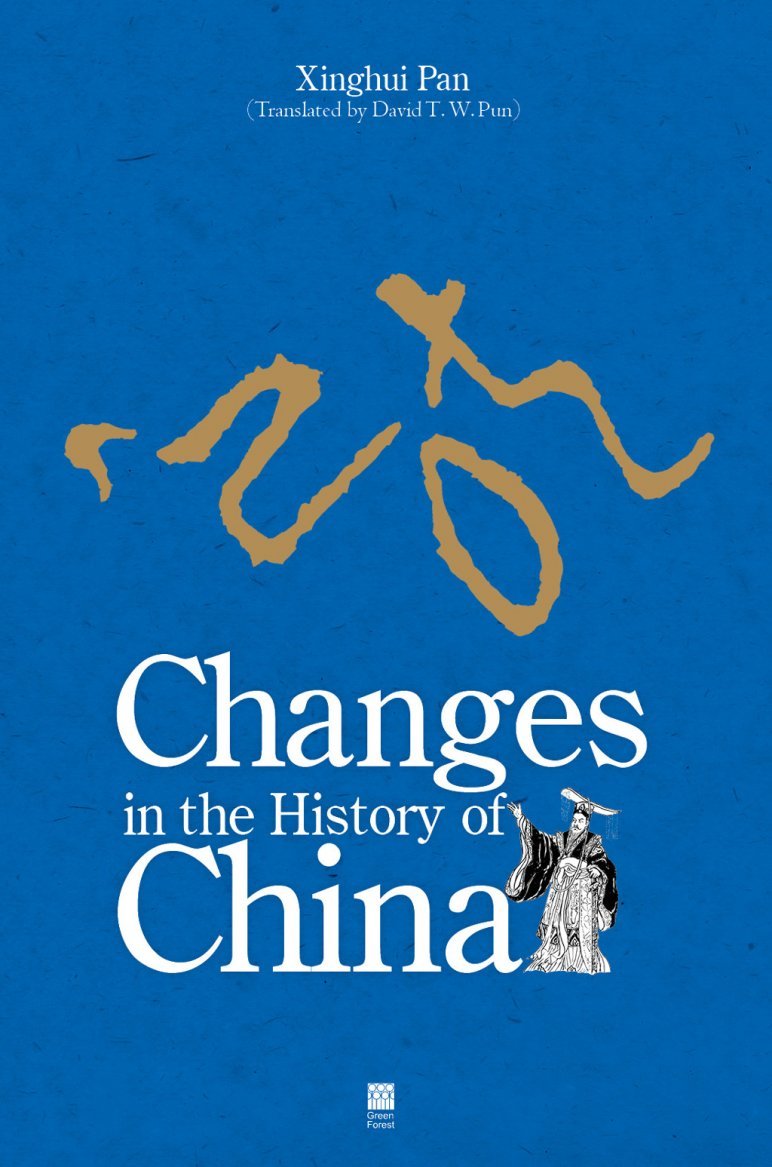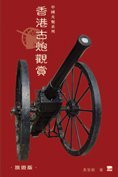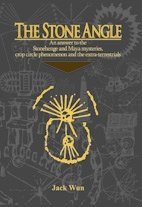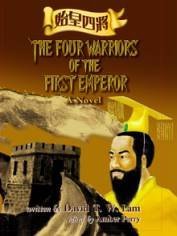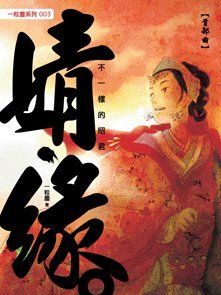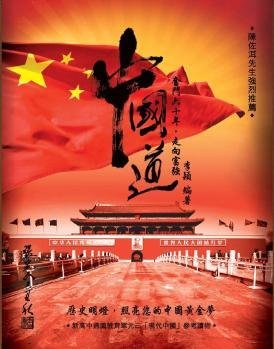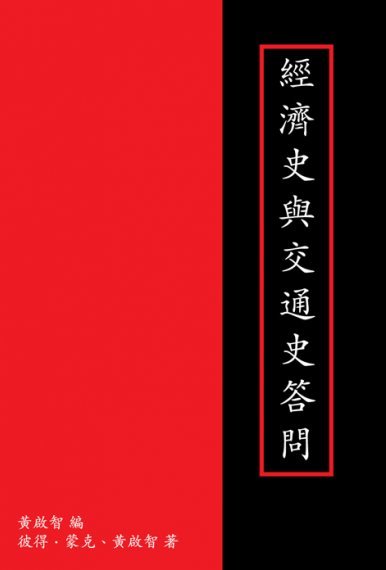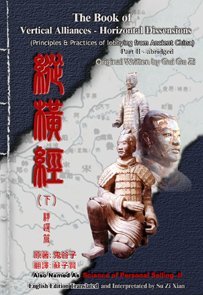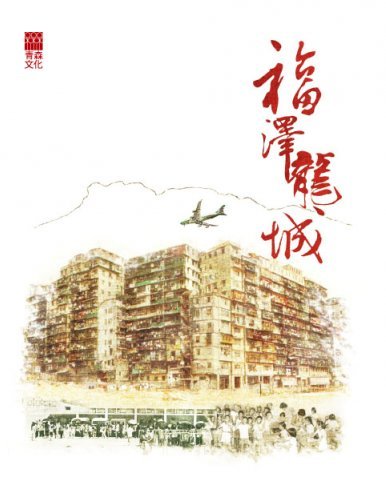This book work analyses the four major factors affecting the development and changes in Chinese history, namely, the change in natural conditions, social regulations and self-adaptation, domestic ethnic interactions and last, but not the least, the impact of foreign civilizations.
This book can well serve as an introduction to Chinese history for a wide range of readers interesting in history and the humanity sciences.
Compared to the western world, ancient China was not only characterized by the relative consistency and stability in her development, but also the changes occurred during the several millennia were quite different from the former in orientation and motivation. The four sections of this book inquire into the historical changes caused by changes in natural conditions, self-adaptation of society, domestic ethnic interactions and impact of foreign civilizations.
Written in simple words yet possessing profound meaning, the present work features unique viewing angles and provides a practical general knowledge reading material of the historical/ humanistic subjects, catering for a wider readership especially for those having concern in general knowledge education.
Xinghui Pan (Author)
Xinghui Pan was born in 1971 in Liaoning, China. He was graduated Doctor of History from the University of Beijing and is now associate professor of History in the School of Humanities of the Jiao Tong University in Shanghai. His specialist field of research has been the history of the Ming and Qing Dynasties of China and that has recently been extended to the realm of General Chinese History and the History of Chinese Thinking. He is the author of many academic research papers and notable treatises such as “The Study of the System of the Selection of Civil Officers in the Ming Dynasty”.
David T. W. Pun (Translator)
David T. W. Pun is now emeritus professor of the Northeast University of China. He worked as visiting scholar in the University of Aston in Birmingham and as visiting professor in the University of Sheffield of UK in the 80's of the last century. He has been the contributor to many international journals and the author of several books and treatises.
- 目錄
- About the author
- About the translator
- Preface
- Introduction: ‘Constancy’ and ‘Change’ in the History of China
- Section One: Black is the Heaven and Yellow the Earth
- Chapter One The ‘Five Elements’ in Disorder
- Climatic Changes
- Genies of Epidemics and Evil Gods of Plague
- Wild Pours the Yellow Torrent
- Boring ‘Facial Holes’ for Hun Dun
- Chapter Two Farming, the Major Issue
- Making the Most of Soil Fertility
- ‘Abolish the Well-Field System and Open Up
- the Petty Field Embankments’
- Center Shifted to the South
- Chapter One The ‘Five Elements’ in Disorder
- Section Two: Society – Regulations and Adaptations
- Chapter Three War
- The War between Huang Di and Chi You
- ‘Gu’ – The Vanquisher Insect of Venom
- ‘Chopping Down Trees for Arms and Hoisting Bamboo Revolt Banner’
- Chapter Four From Aristocrat to Commoner
- The Age of Aristocracy
- Recruitment Examination System
- Ancestral Memorial Halls and Guild Halls
- The Population Crisis
- The Secret Societies
- Chapter Three War
- Section Three: Among the Hans and the Border Tribes
- Chapter Five Territorial Expansions
- Struggles among the Hans and Other Tribes
- A New Pattern
- Steppes and Forests in Volatile Situation
- The Qinghai-Tibetan Plateau
- The ‘Great Amalgamator’
- Chapter Six Alienation of Political Systems
- Heritage and Reform
- Centralization of State Power
- All Power to the Emperor
- Chapter Seven The Great Ethnic Mergence
- Rolling of the Snowball
- The Peking Dialect
- ‘Wearing Hairs down and Folding Clothes to the Left’
- Chapter Five Territorial Expansions
- Section Four: Impacts from Other Civilizations
- Chapter Eight Buddhism Spreading to the East
- Beginning with the “Sishi Er Zhang Jing”
- ‘Laotzu went abroad to convert the foreigners’?
- Neo-Confucianism and the Rationalistic School
- Chapter Nine The Surging of Western Tide
- The Opium War
- Before and After the Jia Wu War
- Cultural Dislocation
- Chapter Eight Buddhism Spreading to the East
- Conclusion: The Path of Chinese History
- Appendix: Important Relevant Historical Events
- About this book

 簡體中文 (即將支援)
簡體中文 (即將支援)
